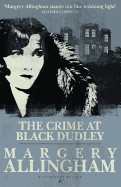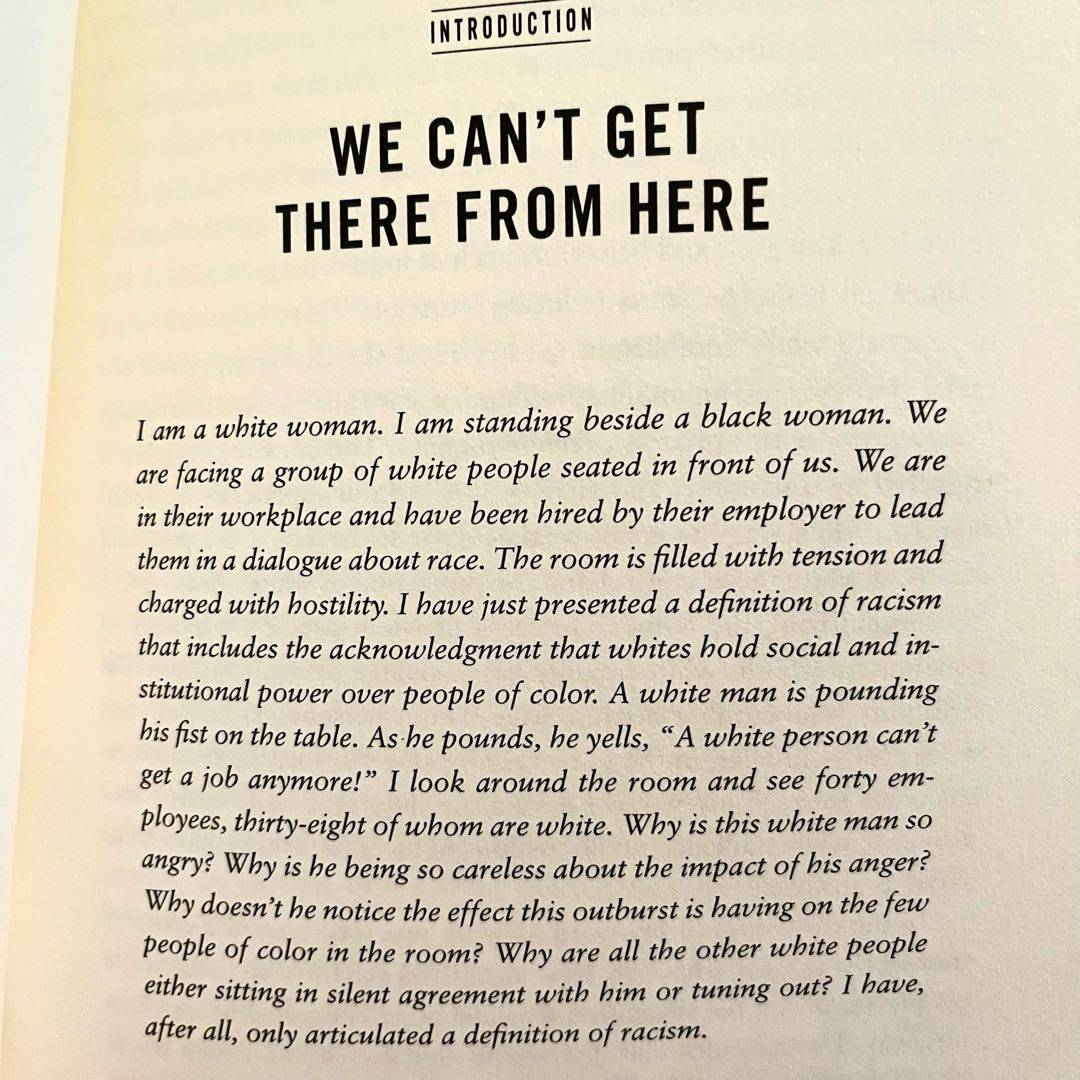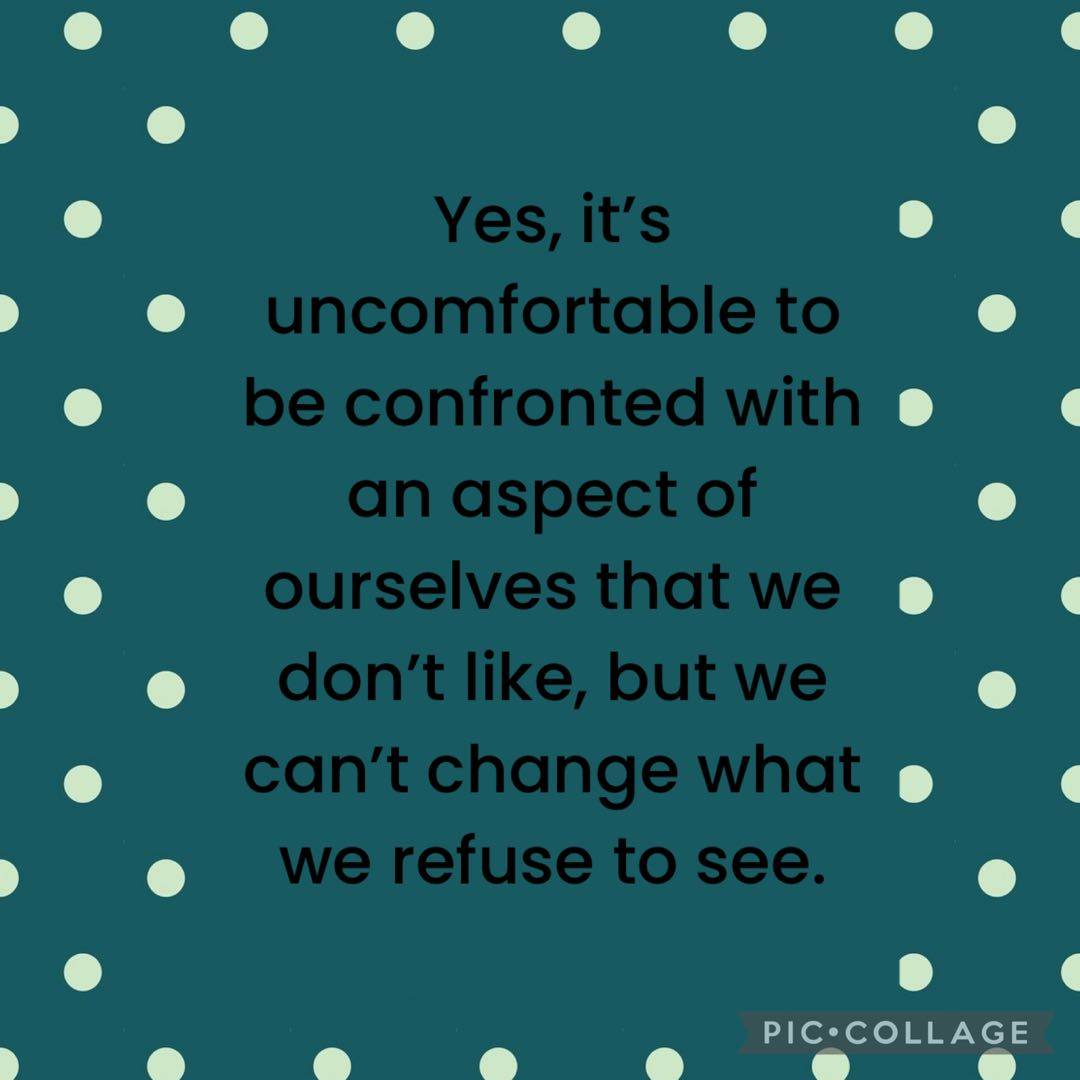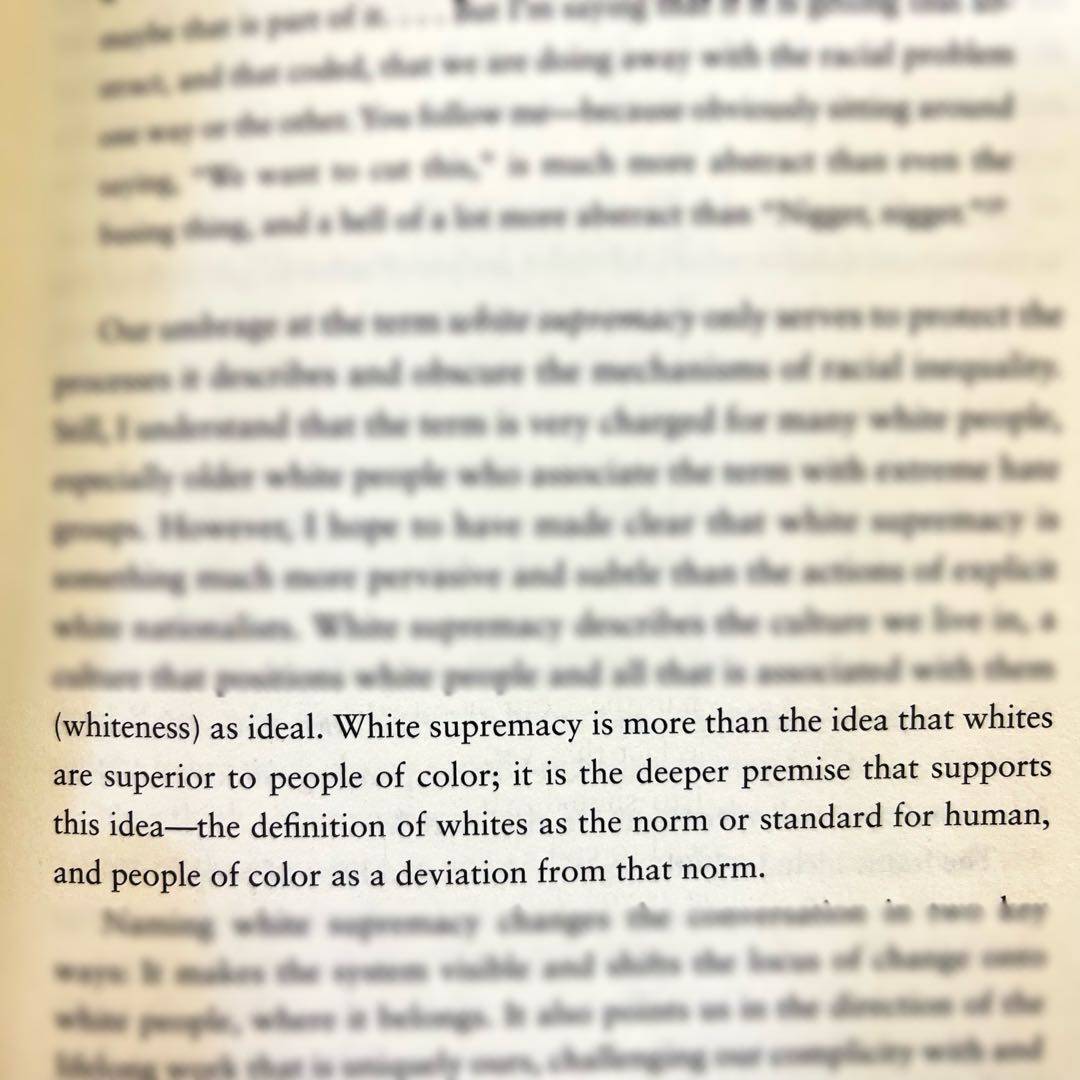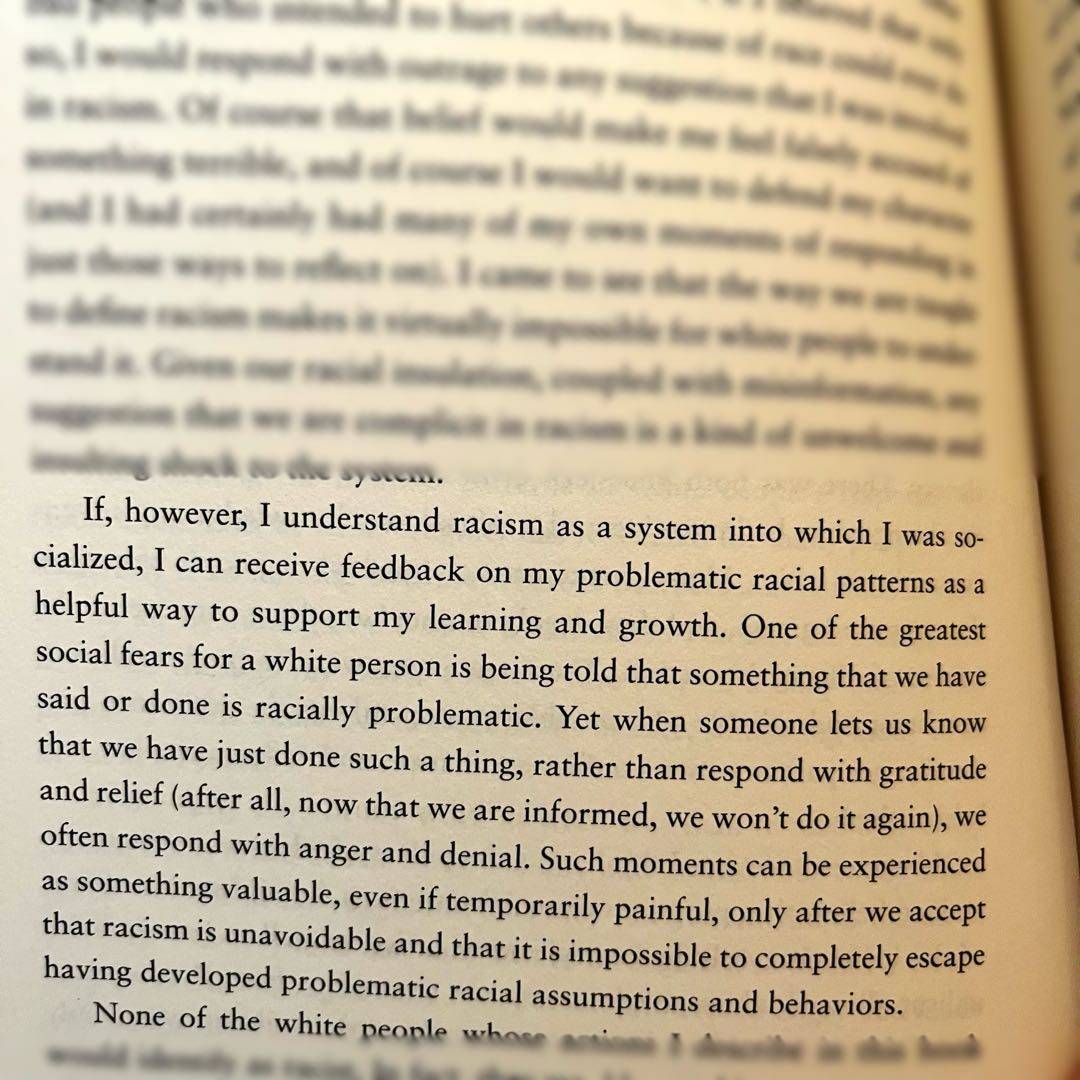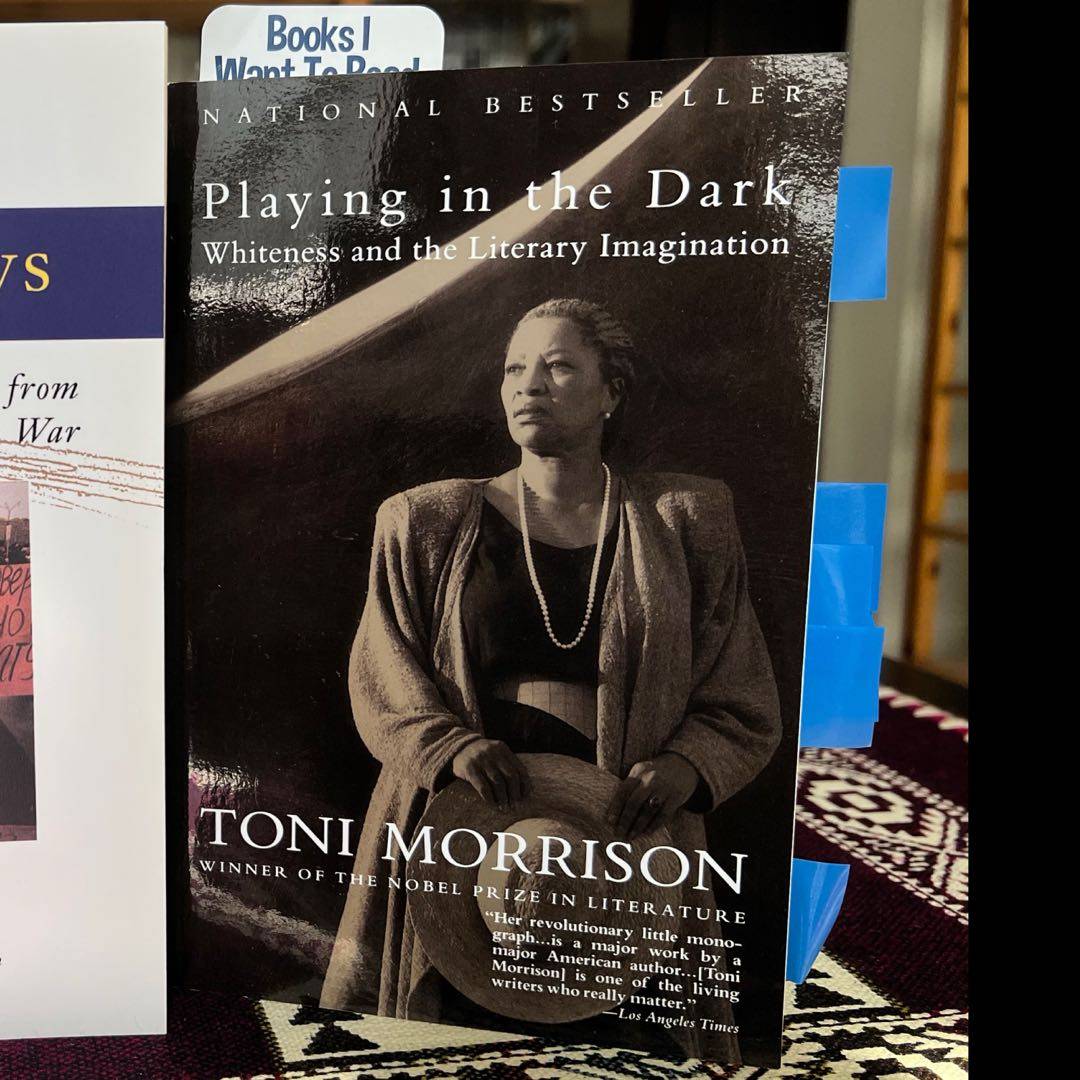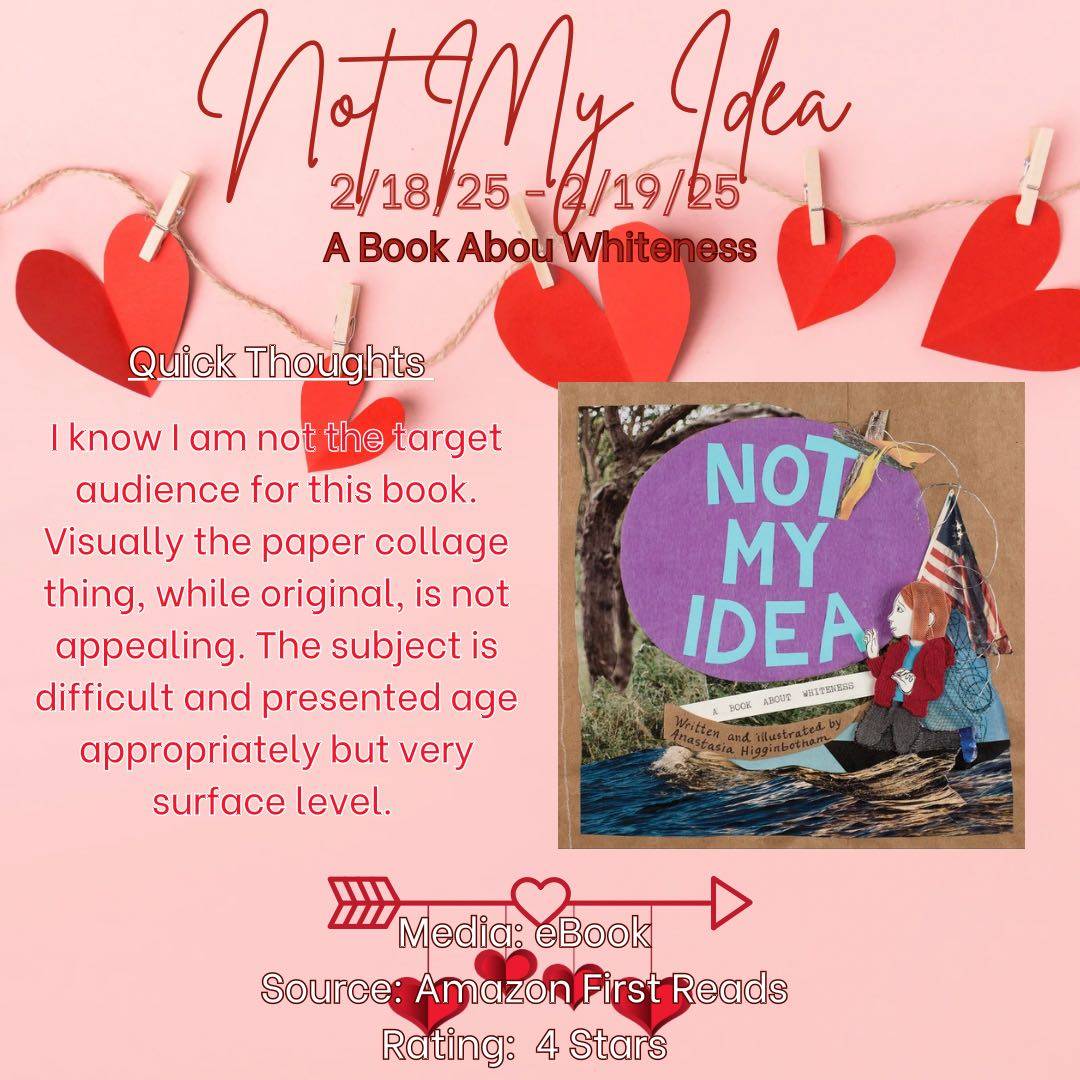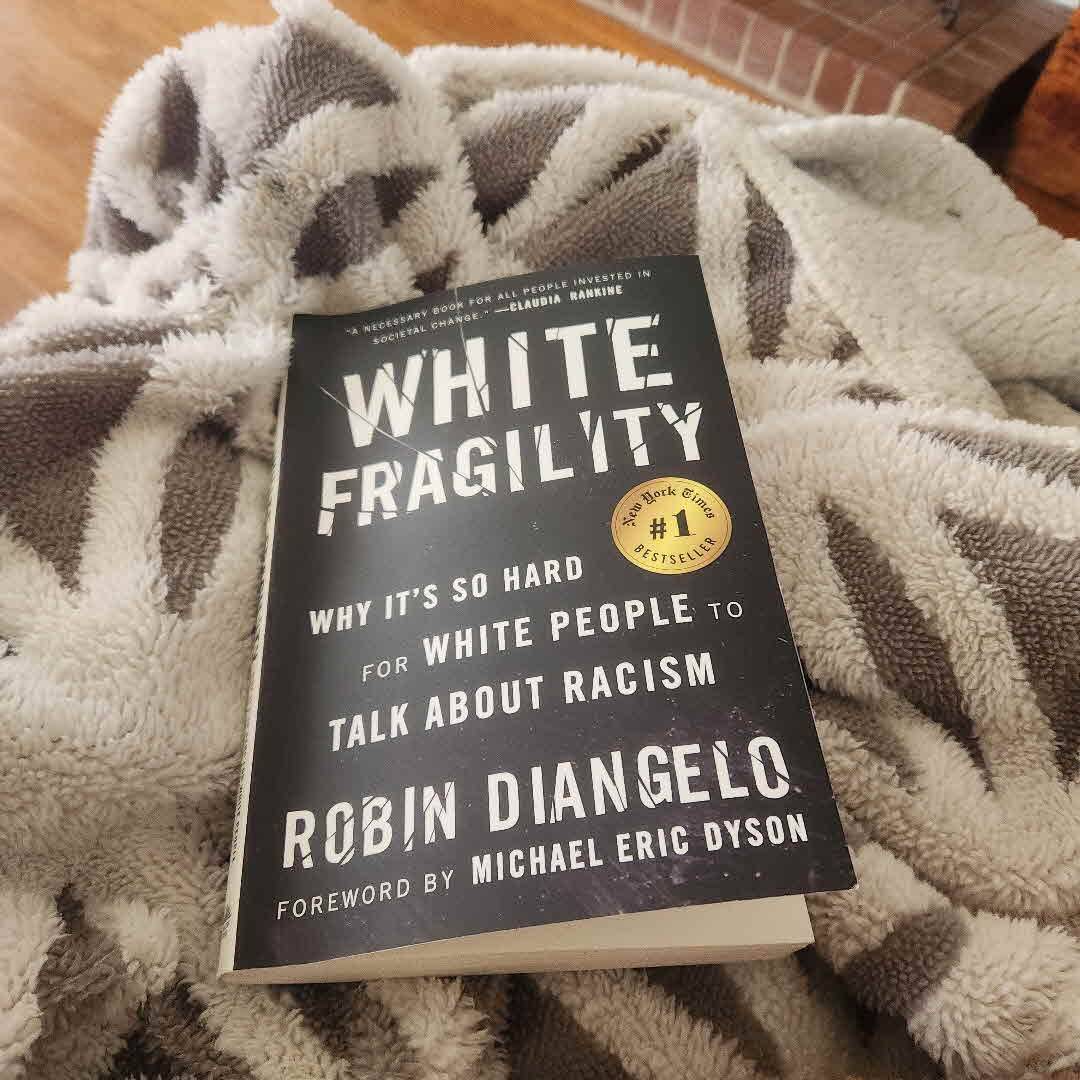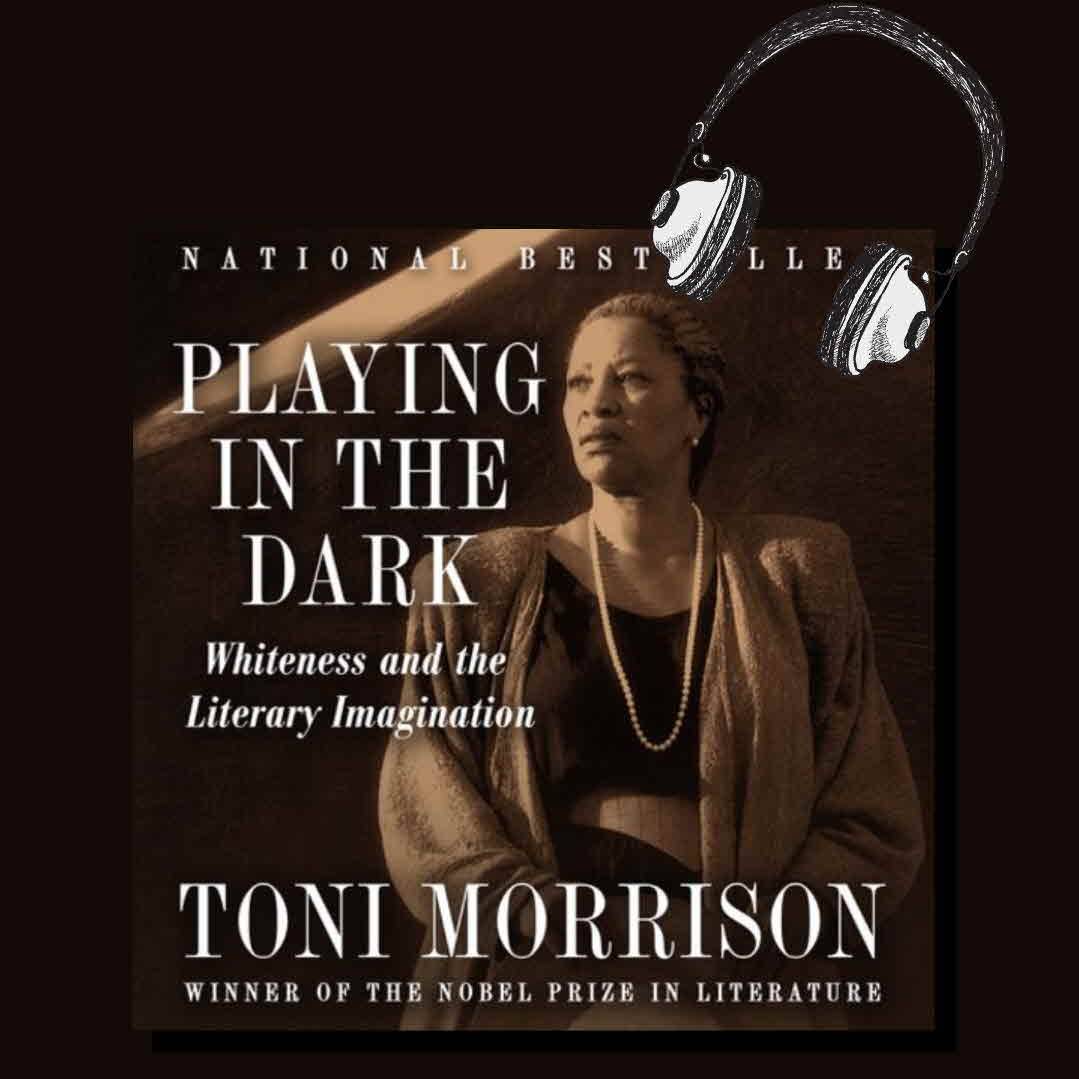
How can this be anything other than a pick? Toni Morrison writes about American Blackness and whiteness in literature. Calling up classics by Willa Cather, Poe, Hemingway, Faulkner.
Many of the pieces she discusses I had not heard of (Cathers Sapphira and The Slave Girl). I fear many of the issues she brought up in this 1992 work still plague us today
And incredibly interesting (and short) read to think more about lit + race in an intelligent way








